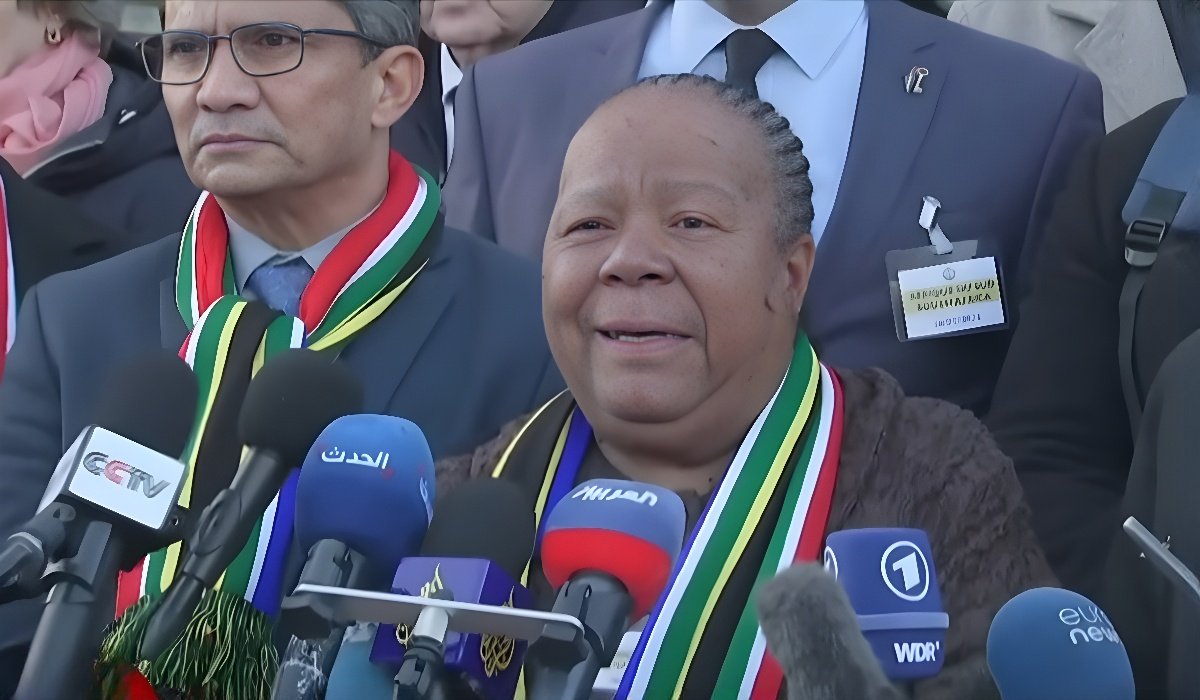ICC Ruling on Israel Casts Shadow of Genocide, Exposing Allies’ Complicitness
- TDS News
- Trending
- January 27, 2024

The ruling from the International Criminal Court (ICC) regarding South Africa’s case against Israel has confirmed a widely recognized reality, prompting global acknowledgment. This development brings attention to the alarming possibility of genocide in Gaza, compelling nations to confront and reassess their own stances on the matter. While the full verdict remains pending, the court’s acknowledgement of “plausible” genocidal acts has ignited profound reactions and exposed the precarious balancing act for Israel’s allies.
Canada, a prime example, finds itself caught between its commitment to international law and its longstanding unwavering support for Israel. Foreign Minister Melanie Jolie’s response, widely criticized as “befuddled and convoluted,” laid bare the long-standing dilemma plaguing the Trudeau government: reconciling its legal obligations with its deep-rooted ties to Israel. This delicate dance becomes untenable in the face of the ICC’s grave pronouncement. Can Canada truly stand by while potential genocide unfolds, even on the part of a close ally?
Canada’s predicament mirrors that of other Western nations like Germany and the UK. While publicly dismissing the ruling, these nations are privately facing immense pressure to push Israel towards a resolution. The potential stain of complicity in genocide acts as a powerful motivator, forcing even the closest allies to exert behind-the-scenes pressure for change.
However, the situation for Canada is further complicated by its unique historical and cultural ties to Israel, coupled with its reliance on Israeli security technology. Abandoning Israel entirely is not a viable option, but maintaining the status quo is no longer tenable in the face of the ICC’s ruling.
A potential path forward emerges from South Africa’s Minister Pandor. Her nation, like Canada, boasts strong ties to Israel but ultimately prioritized accountability for the human cost of the conflict. Pandor’s call for both Israel and Hamas to adhere to international law and protect civilians provides a framework for Canada’s engagement.
Instead of simply distancing itself from the ICC ruling, Canada could leverage its diplomatic influence to urge Israel to address the court’s concerns and take concrete steps to prevent further harm to Palestinians. This would demonstrate Canada’s commitment to both its principles and its allies, while avoiding the devastating stain of being associated with potential genocide.
The ICC ruling has placed Canada, and the world, at a crossroads. The tightrope between upholding international law and maintaining strategic alliances has become alarmingly thin. The coming months will reveal whether Canada can navigate this precarious balance or will be forced to take a definitive stance on the complex and tragic situation in Gaza. The stakes are nothing less than a global test of accountability and the prevention of further devastation.








